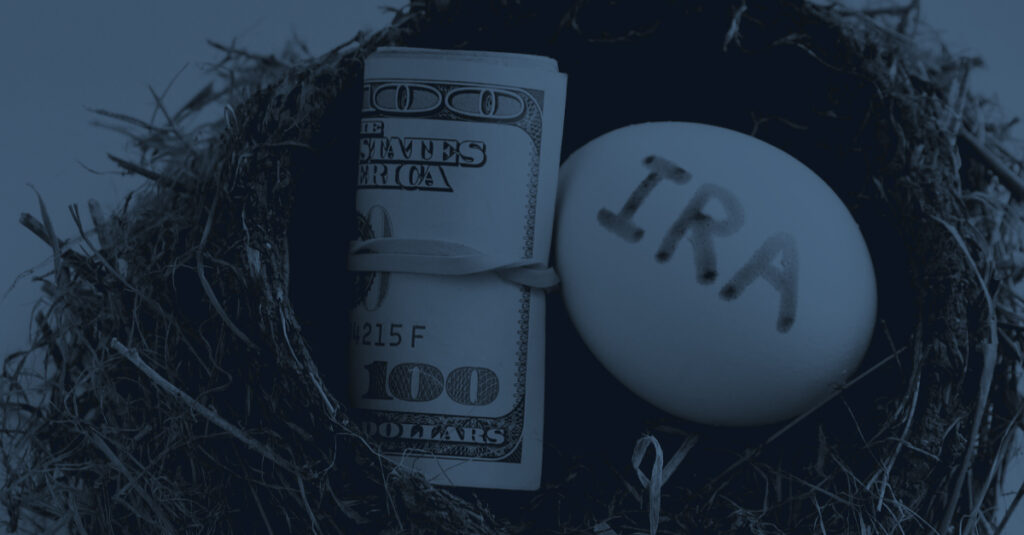Update #17 – Rules for Withdraws from IRA’s under the CARES Act
Those directly impacted by COVID-19 can withdraw up to $100,000 penalty-free.
Normally, we wouldn’t recommend tapping retirement funds to pay for current expenses. However, COVID-19 has brought many challenges to business owners and others.
In case you haven’t heard, the Coronavirus Aid, Relief, and Economic Security Act (CARES Act) allows an eligible IRA owner to withdraw up to $100,000 in 2020. Payback must be made within three years, and best of all, there is no federal income tax penalty. There are no restrictions on how you can use the funds, which makes it helpful for managing cash flow.
These distributions can be made in a lump sum, or over several months or years, to a combined limit of $100,000. Repayment must be made within the three year window.
Typically, tapping your IRA before age 59½ will trigger an additional 10% tax on the withdrawal amount for the withdrawn funds.
Who is eligible?
- You yourself, or a dependent were diagnosed with COVID-19;
- You, your spouse, or a member of your household (someone who shares your principle residence) experienced adverse financial consequences as a result of the quarantine, including:
- being furloughed or laid off, or having work hours reduced due to COVID-19;
- had a reduction in pay (or self-employment income) due to COVID-19 or having a job offer rescinded or start date for a job delayed due to COVID-19;
- being unable to work because childcare is unavailable due to COVID-19; or
- closing or reducing hours of a business you own or operate due to COVID-19.
If you are not a qualified individual, then you will not qualify for the special tax treatment. You will be subject to the normal tax rules retirement account loans detailed above.
Please give us a call before you decide whether to take advantage of this as there are administrative costs associated with these with withdrawals.
Question of the Week
Q: Has Congress issued any additional guidance or rules on the repayment of CARES loan?
A: No. We will update you as soon as we hear.


